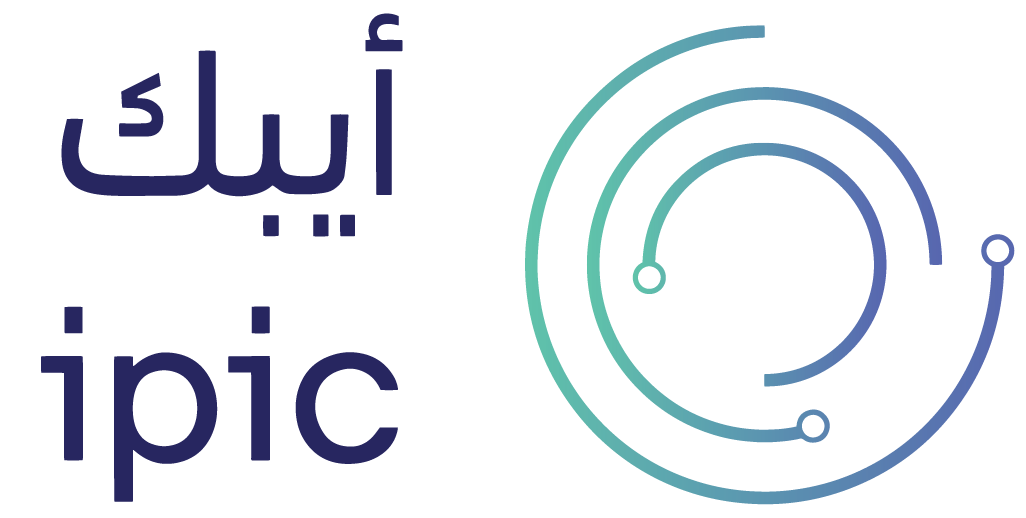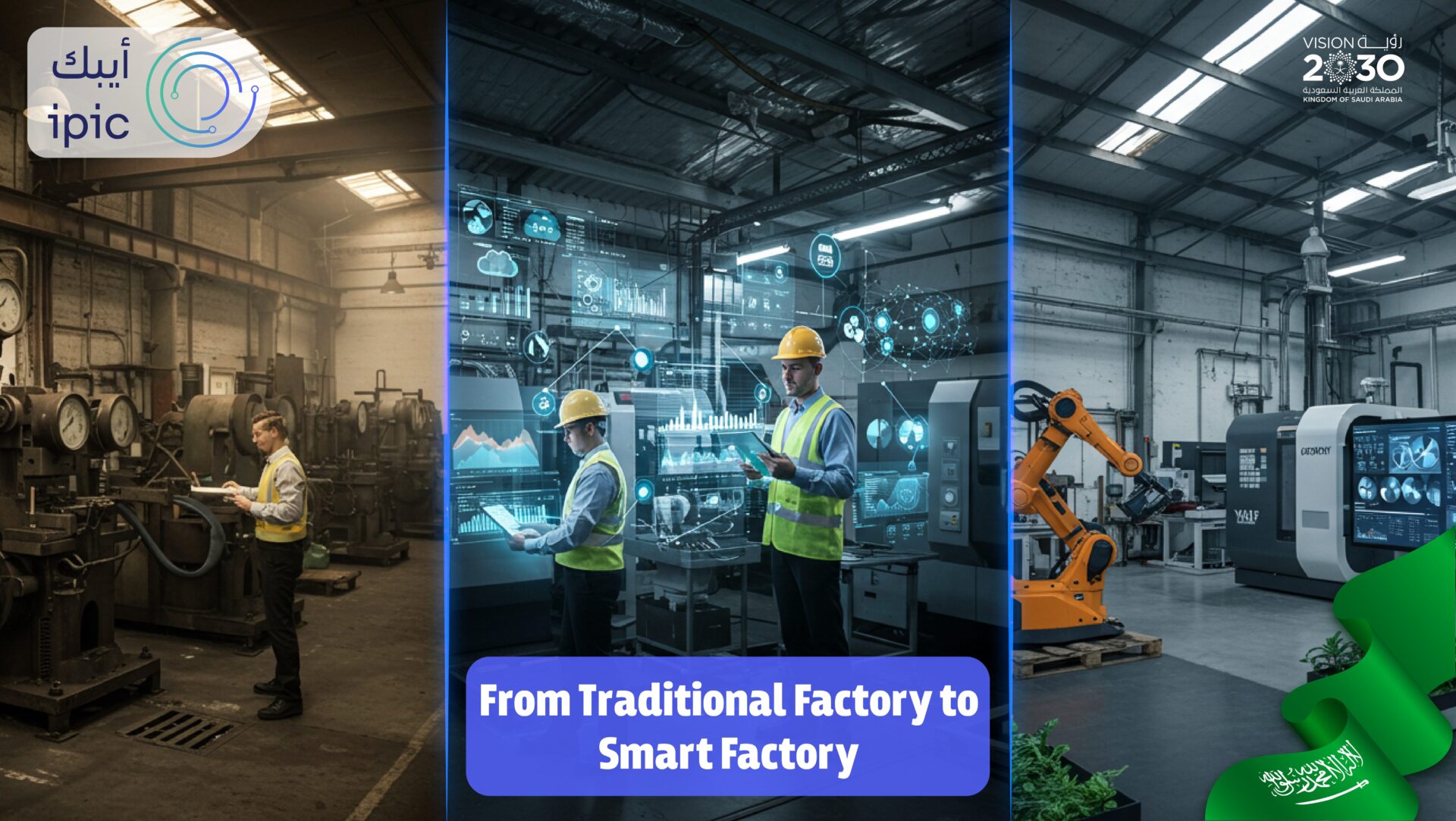From Traditional Factory to Smart Factory
1. Assessment and Preparation for the Next Phase
The first step in the digital transformation journey of a traditional factory is digital readiness assessment. This is a critical process to determine how far the factory can go in adopting modern technologies. This phase involves analyzing the current state of the factory’s existing systems, such as Enterprise Resource Planning (ERP) and Manufacturing Execution Systems (MES), as well as its technological infrastructure.
This is where IPIC plays a pivotal role by offering digital readiness assessments, helping factories identify gaps that need improvement and providing integrated solutions to update their systems and align the factory with the digital age.
2. Integration of Various Systems
After completing the assessment, the next step is integrating various systems within the factory, which is crucial for transitioning to a smart factory. By utilizing advanced solutions like ERP, MES, IoT, and AI, a factory can seamlessly integrate different systems and improve the flow of information and data across its operations.
IPIC offers advanced integration solutions between these systems, enabling factories to collect live data from multiple devices and analyze it in a unified manner. This integration significantly improves productivity, real-time decision-making, and cost reduction.
3. Smart Automation
Smart automation is the cornerstone of digital transformation. At this stage, factories begin to adopt intelligent robots, IoT devices, and AI systems to optimize production and reduce human errors.
IPIC greatly contributes to this phase by providing integrated automation solutions, including smart devices that help monitor production in real-time and analyze data instantaneously, enabling fast and intelligent decision-making.
4. Predictive Maintenance and Efficiency Improvement
One of the most significant advancements offered by digital transformation in factories is predictive maintenance. Using artificial intelligence and big data analytics, potential failures can be detected before they occur, reducing unplanned downtimes and improving efficiency.
IPIC helps factories implement predictive maintenance by offering AI-powered solutions that analyze data from machines and devices, predicting future failures, and allowing for proactive maintenance, reducing downtime.
5. Sustainability of the Smart Factory
Digital transformation doesn’t just mean improving productivity and reducing costs; it also supports environmental sustainability. By optimizing operations, minimizing waste, and improving energy efficiency, smart factories contribute to lowering their carbon footprint and using resources more effectively.
IPIC supports factories in this area by providing smart sustainability solutions that focus on energy consumption analysis and improving the environmental performance of factories.
Conclusion
The journey from a traditional factory to a smart factory is a comprehensive and complex process that requires careful planning, advanced technologies, and a reliable partner. IPIC is the ideal partner for factories looking to embrace digital transformation. The company provides advanced integration solutions and smart systems that enhance productivity, reduce costs, and achieve higher environmental sustainability.
Through digital readiness assessment, system integration, smart automation, and predictive maintenance, IPIC helps factories achieve the highest levels of efficiency and competitiveness in the rapidly changing global industrial market.



